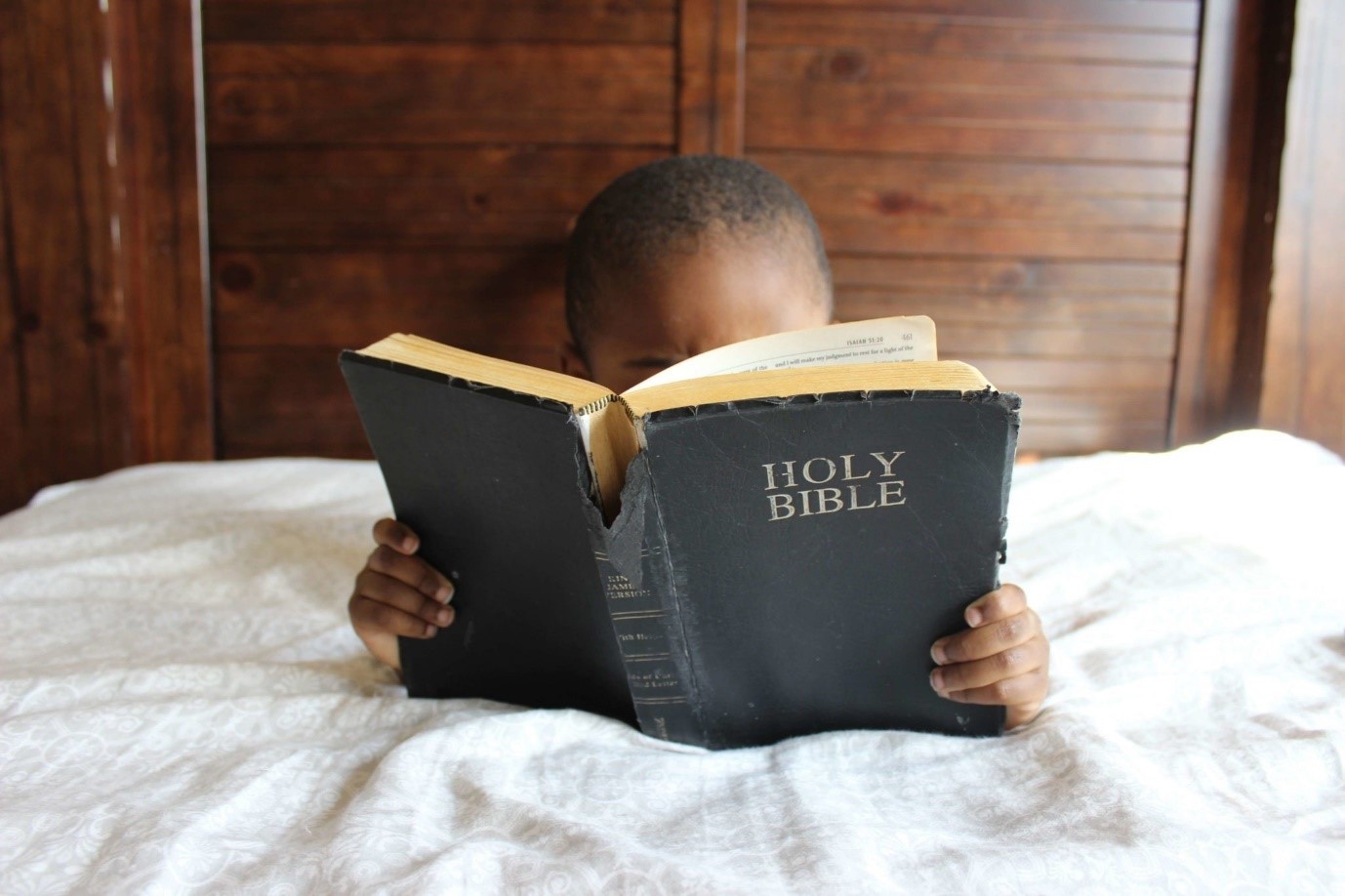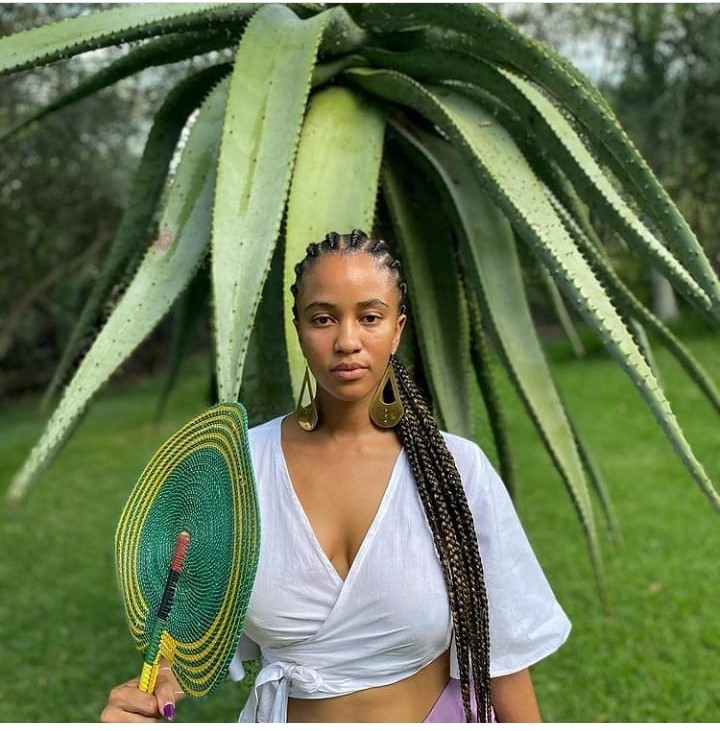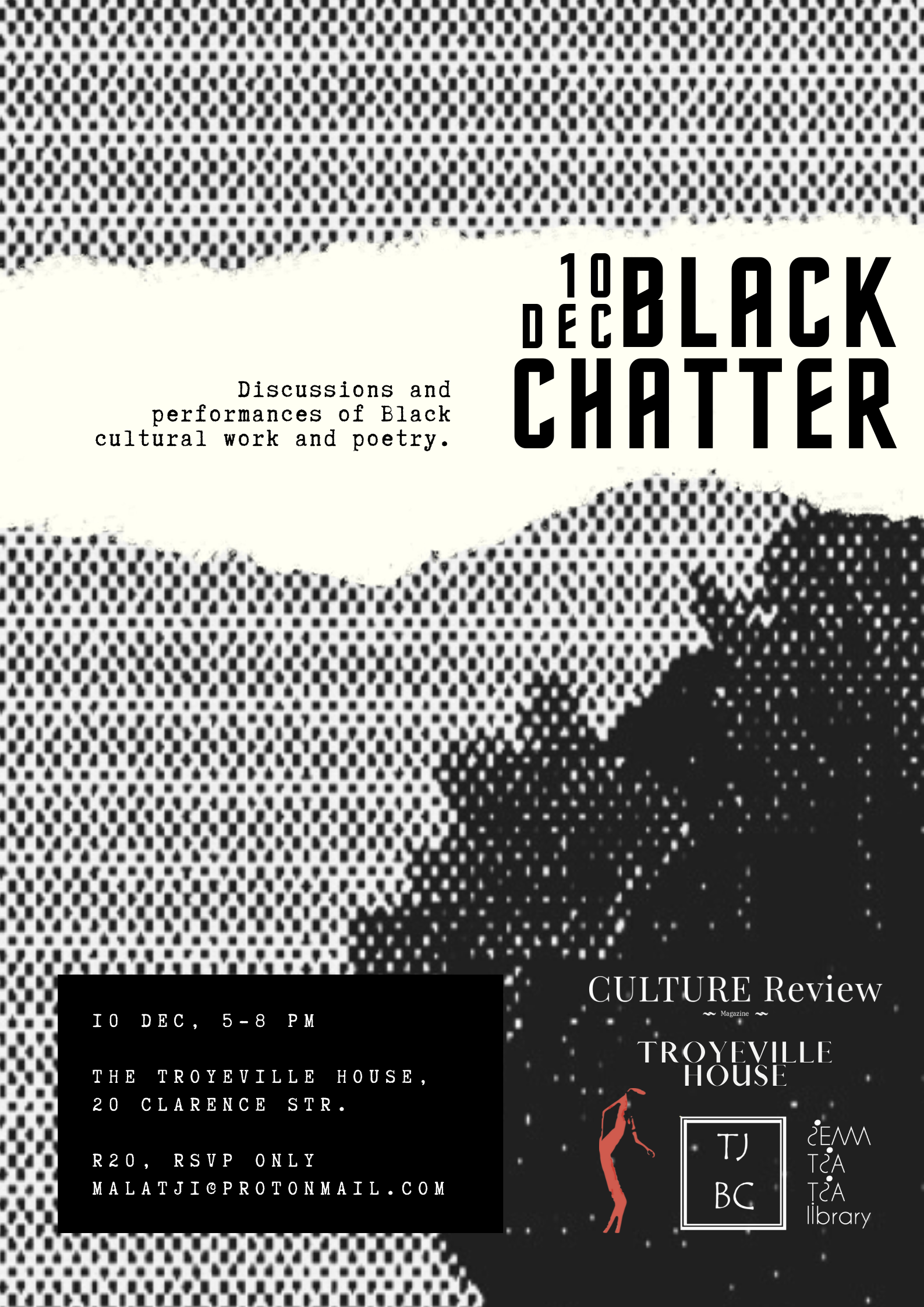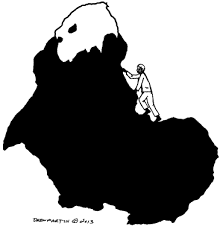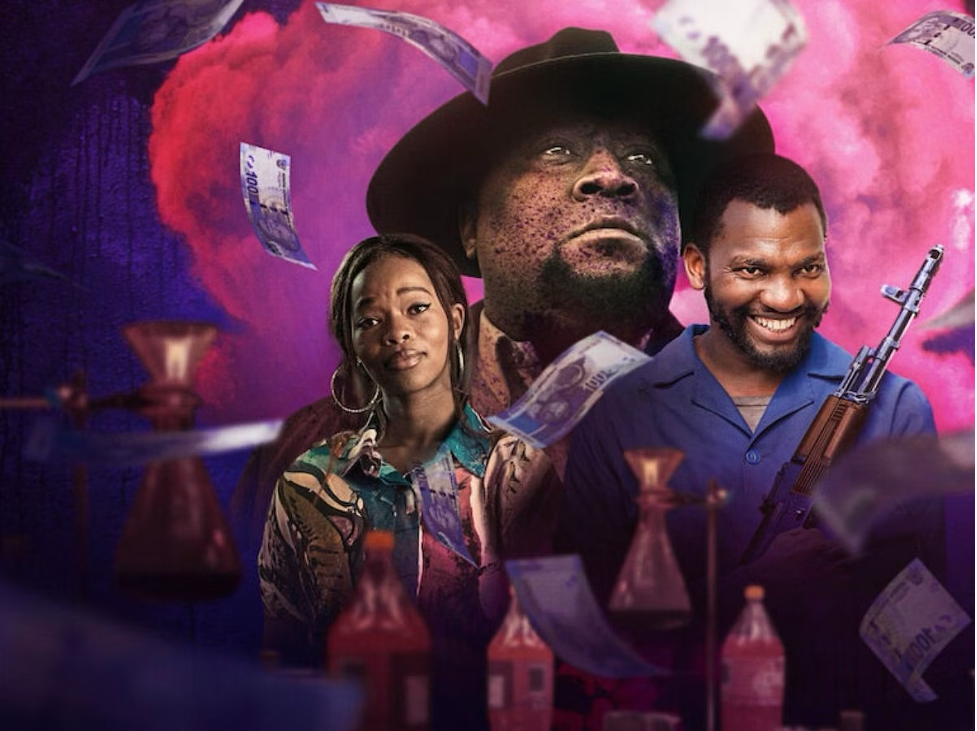Some people don’t even need to kill a mosquito to keep you at the bottom: dispossessed, landless and destitute. And while many view monarchs as weak and largely symbolic entities, the British monarchy ranks among the wealthiest corporations in the world.
After all, British colonialism and capitalism were like Siamese twins. The royal household made a fortune from other people’s misfortune of being colonised. It owns land, minerals, seas, people and cash that are overseen by its corporate entity called the Monarchy PLC, also known as “The Firm”.
“The Firm” is a popular nickname for the British monarchy that dates back to George VI, who is quoted as saying that "we are the Family Firm". Nonetheless, the Monarchy PLC reportedly holds nearly UD28 billion in assets as of 2021.
And its new head, Charles alone is worth USD400 million, but he has never worked a day in his life. His late mother and other family member boast millions of dollars, or pounds, in their portfolios and bank accounts. They are among the world's wealthiest people because of colonialism and slavery.
"The Firm" tag firmly confirms the monarch’s deep connections to capital(ism), colonialism, corporate power and contemporary inequalities in all the lands the British once, and continue, to colonise and pillage. These range from Scottish and Irish territories in their backyard and Gibraltar in Spain to the occupied territory of Malvinas and large parts of the world where the Union Jack once throttled people.
The economics of “The Firm” are interesting since they prove beyond any reasonable doubt that indeed the successive monarchs in Britain not only knew about colonialism and its atrocities but also benefitted from it. In this regard, the British government has provided funds to the monarch since 1688, which was the peak of British imperialism, slavery and brutal conquest of foreign people and their territories.
Today, these territories have been christened the Commonwealth of Nations but the truth is that the Commonwealth has imperial origins. Holly Randell-Moon argues that “the secular autonomy of settler states is buttressed by Crown sovereignty” with regular royal visits to promote ties.

In addition to Ghana and Kenya, the late queen and her son Charles have visited all over the world to check on their supposedly free subjects. In a speech in 1947 in South Africa, the late queen declared she would devote her life to the “service of our great imperial family to which we all belong”. Unsurprisingly, most of Africa’s mineral wealth is controlled by London.
The British monarch continues to be a head, or figurehead, in all former colonies. Independent countries voluntarily took their people under the late queen’s skirt by joining the Commonwealth, preserving the dominance of the English language, systems, capital and its sphere of political influence. The current arrangement makes a mockery of the hopes that the oppressed had when the British occupation supposedly ended.
The Commonwealth is a psychological trap and advances dependency and white supremacy. In all photographs from Commonwealth leaders’ conferences, for instance, the white queen sat in the front and centre “among dozens of mostly nonwhite premiers, like a matriarch flanked by her offspring”.
What does this mean?
The premiers presided over the lands that “the British Empire largely decolonised, but the monarchy did not". Kenyans, South Africans, Nigerians and Jamaicans proudly participate in the Commonwealth Games. They think it is a sport, yet their colonisation is normalised. And nobody questions these unequal, racist and political links that their leaders enthusiastically maintain.
Lancaster University’s Laura Lancy explains that the conception of an 'imperial family’ easily “reflects the idea of the British monarchy as empire’s figurehead, vested in ideologies of white supremacy and colonialism”. Many countries, i.e., Australia, Jamaica, Grenada, Saint Lucia and Tuvalu continue to use “God Save the Queen/King” as the national anthem.
In summary, the massive corporate accumulation by "The Firm" was acquired through dispossession, exploitation and extraction expansion. The British Empire implemented violent regimes of genocide, famine, enslavement, indentured labour, imprisonment and torture, all presided over (and partly funded) by the monarchy.
"The Firm" continues to use, and extract value from, goods stolen during colonisation, such as the Koh-i-Noor diamond from India used in the crown jewels, which Pakistan and India have repeatedly asked to be returned. Others will point to the large diamond from South Africa as one of the most visible reminders of Britain's brutal conquest of Africa.
Maya Jasanoff, a professor of history at Harvard, wrote in the New York Times that the late queen “helped obscure a bloody history of decolonisation whose proportions and legacies have yet to be adequately acknowledged”.
Amid the poverty and strife in almost all British colonies, the messages of condolences for the death of the long-reigning queens are a stark reminder that the plight of subalterns and the “other” is not anyone’s concern. The billions under the control of the Monarchy PLC should be used to compensate the victims of British imperialism and conquest all over the world.
In South Africa, the Economic Freedom Fighters has issued a statement refusing to canonise the late queen, which has received support locally and abroad. A few years ago, Jamaican public figures were correct to point out that “We see no reason to celebrate 70 years of the ascension of your grandmother to the British throne because her leadership, and that of her predecessors, has perpetuated the greatest human rights tragedy in the history of humankind". The monarchy equals pain in the minds of the people who were colonised.
In June 2022, Charles told former British colonies during the Commonwealth leaders' meeting in Rwanda that they were “free to split from the monarchy if they want". Obviously, he doesn’t see the need to apologise and pay reparations as well as to let go of places like Antigua and Barbuda, the Bahamas, Belize, Canada, Grenada, Jamaica, New Zealand, Papua New Guinea, Saint Lucia, the Solomon Islands, St Kitts and Nevis, St Vincent and the Grenadines and Tuvalu.
And for obvious reasons, the leaders will also not leave since they are addicted to inferior treatment, and are afraid to tell Britain to give them what is theirs on their way out. The monarchy has got everything to do with slavery and colonialism. Many South Africans and others are right to denounce the fanfare and tears to mourn the fallen London Bridge.
-Fela Kuti - International Thief Thief (I.T.T.)

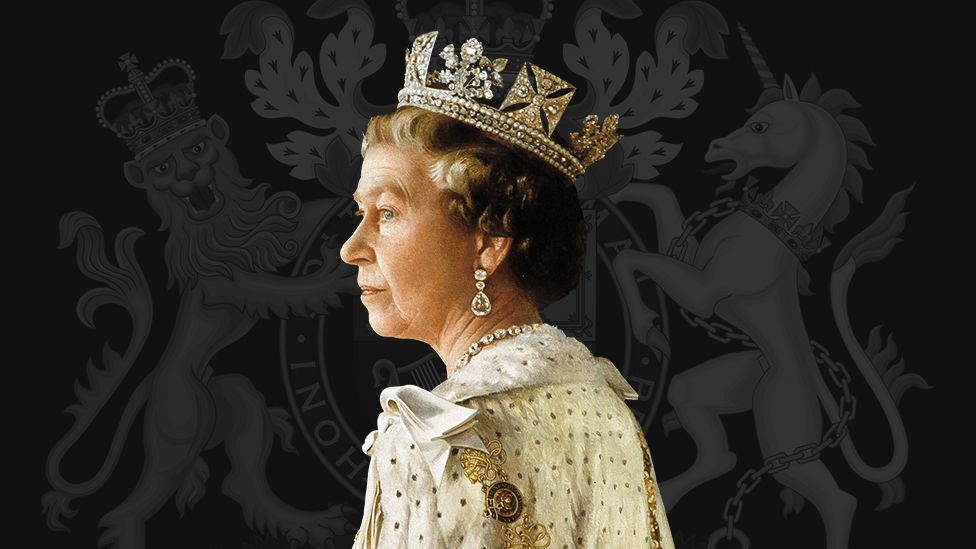
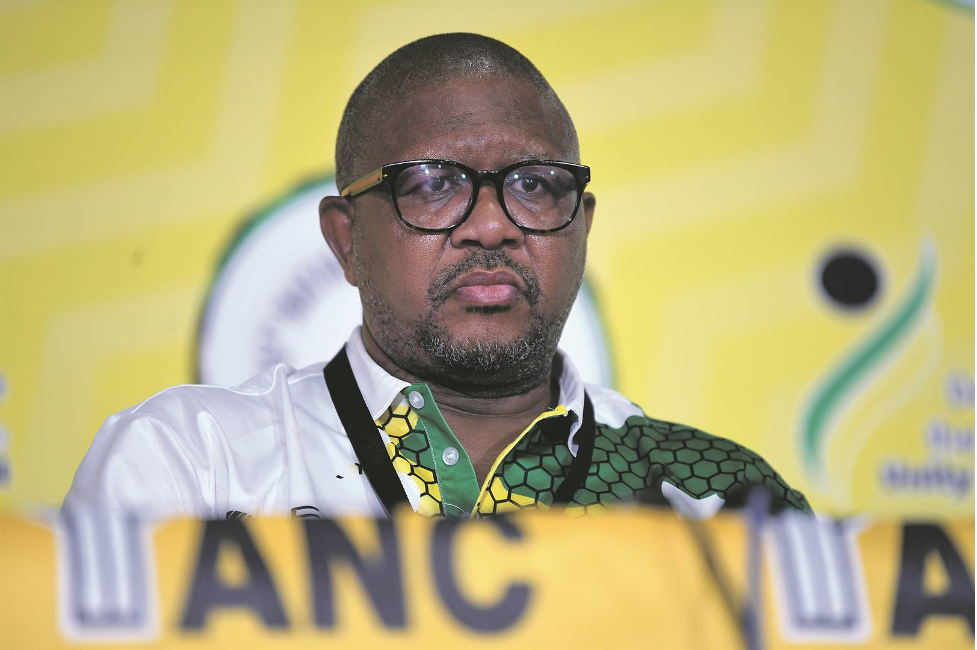

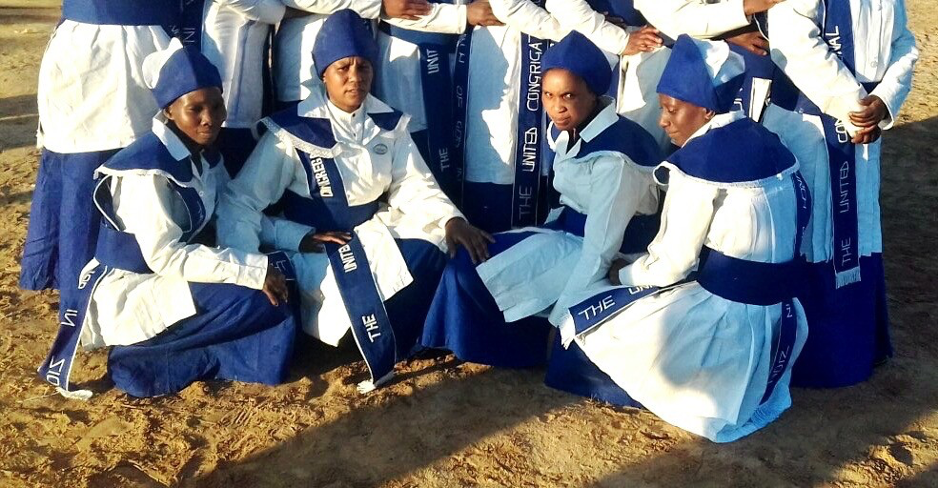

![1976 [Part 1]](assets/images/1976.jpg)

